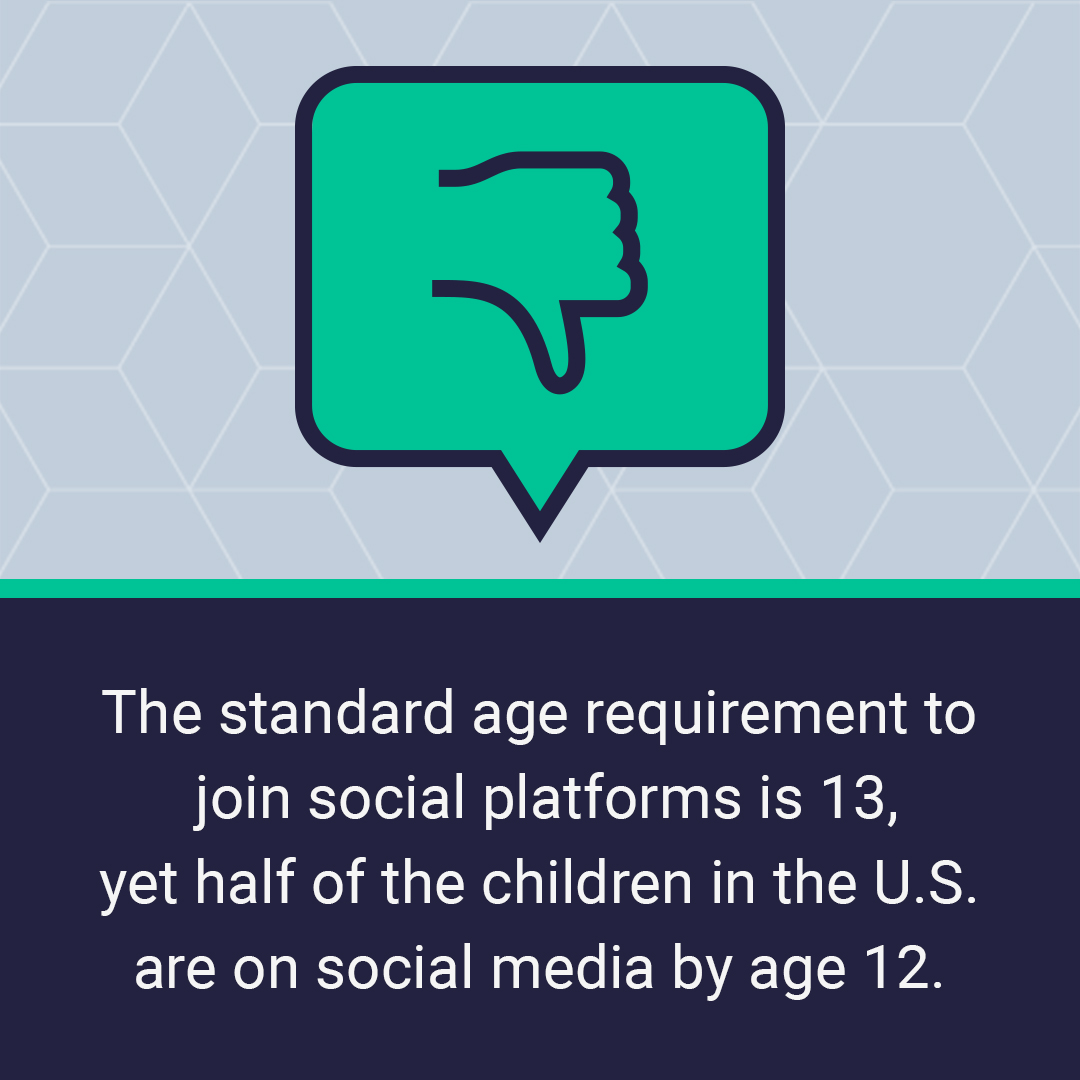Post Haste: Teach Kids Early About Social Media Privacy

If you’ve ever parented a teen or if you can remember being a teen, you most likely know that teens don’t always appreciate parental advice. And they especially don’t want advice about their online interactions with other teens, which makes it a challenge for parents trying to keep their kids safe on social media. Adults know (or should know) that information lives forever on the Internet, and an unfortunate post or picture can impact a person’s future. According to CommonSense.org, many teens also understand that it’s important to make good choices when posting on the Internet, but can still struggle with right vs. wrong when faced with real-life situations. “As one 13-year-old we interviewed noted, ‘If you’re a teenager, you’re gonna make bad decisions sometimes. And you might send an inappropriate picture. I mean, I hear about that a lot.’” You can’t control your kids’ online interactions, but you can prepare them to make good choices for themselves. Let’s look at some ways to do that.
Teach your children about social media long before they are officially teenagers. While most social media sites state that users must be 13 years or older to join, lots of kids manage to get around that requirement. CNN reports that half of the kids using some form of social media before age 12.
Second, explain the difference between personal and private information. Let them know the risks of sharing personal information (full name, address, and date of birth), and how personal info can be used for identity theft and fraud. Show examples of posts or images that seem funny at the time but can later affect someone’s reputation, credibility, relationships or even their chances to get into college or get a job. Talk to them about respecting privacy and tell them not to share information about other people without their permission. You can also set a family policy to ask first before posting photos of family members or friends. A rule of “Don’t Upload Without Permission,” or DUWOP, will help them avoid lots of potential problems.
Finally, give them tools to evaluate the content they’re about to post. “If you’re talking about someone else, would you say it to their face?” Words can be hurtful, and they could even be taken as abuse or harassment, leading to expulsion from school or legal action. Another test: “If it were broadcast on the news, would you be proud of yourself?” Kids may find it hard to imagine future consequences because they haven’t yet applied for college or started a career. But they have seen news about people whose past actions or communications have cost them their jobs or reputations. (And if they haven’t, pull up some of those stories on YouTube for them.) There’s also the popular standard, “What would Grandma say if she saw this?” This one is understandable even for younger kids, especially if Grandma is a moral force in the family!
The internet is full of dangers, so preparing kids to be safe online is a big job. Fortunately, there are a lot of great resources available to you. We’ve published a number of blogs about social media safety for kids, on basic security, parental controls, and children’s privacy rights. TheHealthy.com has a good list (for all ages) of what kinds of photos shouldn’t be posted and why. You can also get a IDX Identity Premier plan with SocialSentry™, social media monitoring that will send you alerts if unsafe content is posted on any of your family’s social media accounts.
Of course, kids are often most receptive to advice from other kids. CommonSense.org has a free curriculum for teaching kids social media safety plus a series of excellent videos, narrated by kids, for kids. You could sit down with your family and watch one together. It’s a great way to start the conversation, and you might even learn something, too!
About IDX
We're your proven partner in digital privacy protection with our evolving suite of privacy and identity products.




